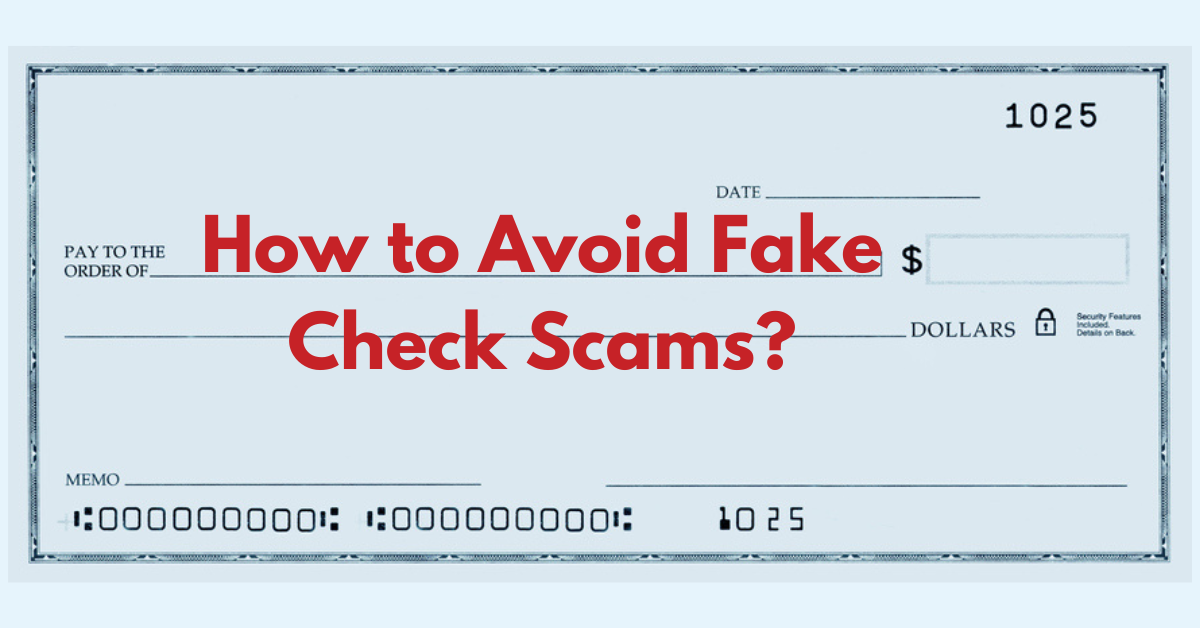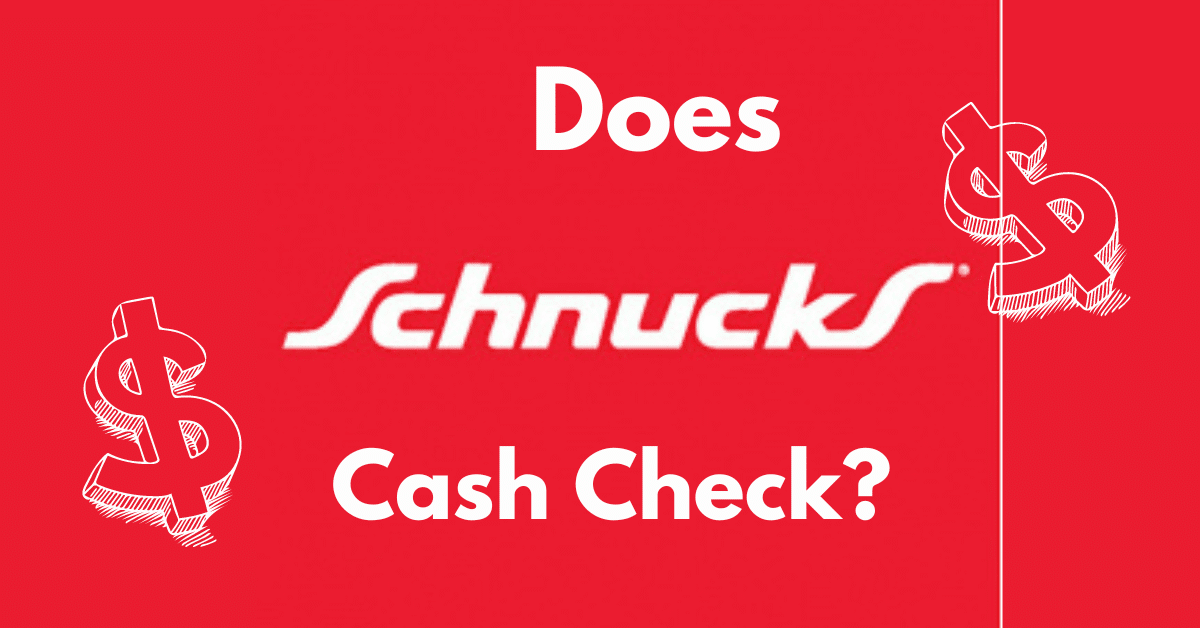As technology advances, so do the tactics of scammers. Fake check scams have become a popular way for scammers to steal money from unsuspecting victims. In this comprehensive guide, we will walk you through everything you need to know about fake check scams and how to avoid them.
Understanding Fake Check Scams
Fake check scams come in many forms. Here are the most common types of fake check scams:
Mystery shopping
Scammers pose as a mystery shopping company and send victims a check to evaluate a company’s customer service. The victim is asked to deposit the check and wire back a portion of the money. The check bounces, and the victim loses the wired money.
Personal assistants
Scammers pose as wealthy individual who needs personal assistance. The victim is sent a check to cover their salary and expenses. The victim is then asked to wire back a portion of the money. The check bounces, and the victim loses the wired money.
Car wrap decals
Scammers offer to pay victims to advertise their cars with a decal. The victim is sent a check for the advertisement, but it’s for more than the agreed amount. The scammer asks the victim to deposit the check and wire back the difference. The check bounces, and the victim loses the wired money.
Claiming prizes
Scammers inform victims that they’ve won a prize and send them a check to cover the taxes and fees. The victim is asked to deposit the check and wire back a portion of the money. The check bounces, and the victim loses the wired money.
Overpayments
Scammers overpay for goods or services and ask the victim to wire back the difference. The check bounces, and the victim loses the wired money.
Fake check scams can have a significant impact on victims, including financial loss, legal problems, and damage to credit scores.
Signs of a Fake Check Scam
Here are some signs that a check may be fake:
The check is unsolicited: If you get a check in the mail from someone you don’t know and you weren’t expecting it, that’s a red flag. It’s as if a stranger came up to you and gave you a gift without you asking for it. You should always be careful when strangers give you things, especially if it involves money.
The amount is more than expected: Let’s say you were expecting a $10 allowance from your parents, but they give you a check for $100 instead. That might seem like a good thing, but it could actually be a trick. Scammers might send you a check for more than what they owe you and then ask you to send back the extra money. But when you try to cash the check, it bounces and you end up losing all the money you sent them.
The check is from an unfamiliar source: If the check is from someone you don’t know or a company you’ve never heard of, that’s a red flag. It’s like if someone you don’t know asks for your personal information like your name, address, and phone number. You should always be careful when sharing your personal information with strangers, especially if it involves money.
The check has poor-quality printing or misspellings: If the check looks like it was printed on a home printer and has misspellings or other mistakes, that’s a red flag. It’s like if you got a letter from someone with lots of spelling errors and bad handwriting. You might not be able to trust what they’re saying, and it could be a trick to get you to do something you shouldn’t.
The sender is in a rush for the check to be deposited: If someone is pressuring you to deposit a check right away, that’s a red flag. It’s as if someone was rushing you to make a decision without thinking it through. You should always take your time and think carefully before making any decisions, especially if it involves money.
To avoid becoming a victim of a fake check scam, follow these steps:
Verify the check
Call the bank that the check is drawn from to verify its authenticity.
Check the source
Be wary of checks from unfamiliar sources or for unexpected amounts.
Avoid overpayments
Don’t accept checks for more than the agreed amount.
Identify fake checks online and through email
Use a fake check scanner or check for misspellings and poor-quality printing.
Report fraud
Report any suspicious activity to the proper authorities.
What to Do If You Sent Money to a Scammer
If you unknowingly deposited a fake check and wired money to a scammer, take these steps:
- Contact your bank
- File a report with the FTC
- File a police report
Fake Checks and Your Bank
Banks are responsible for verifying the authenticity of checks. If a fake check is deposited, the bank may freeze the account or pursue legal action against the victim.
Payment Methods to Avoid
Avoid using these payment methods to protect yourself from scams:
Gift Cards
- Scammers may ask for payment using gift cards as they are untraceable and difficult to reverse.
- The scammer will typically ask for the gift card code or PIN to be sent to them via email or phone.
- Once the scammer has the code or PIN, they can use the value of the gift card without the victim’s knowledge.
- Unfortunately, once the gift card code or PIN has been shared, it’s often difficult or impossible to recover the funds.
Wire Transfer
- The scammer will ask for payment to be made via wire transfer, often to a foreign bank account.
- The victim will typically be asked to provide personal information, such as their name and address, to complete the transfer.
- Once the transfer is made, it’s often difficult or impossible to recover the funds, as they can be withdrawn from the recipient’s bank account immediately.
Money Order
- The scammer will ask for payment to be made via a money order, which can be purchased at many retail locations.
- The victim will typically be asked to provide personal information, such as their name and address, to complete the purchase.
- Once the money order is purchased and sent to the scammer, it’s often difficult or impossible to recover the funds.
Cryptocurrency
- The scammer may ask for payment to be made using a cryptocurrency, such as Bitcoin or Ethereum.
- The victim will typically be asked to provide a cryptocurrency wallet address to send the funds.
- Once the cryptocurrency is sent, it’s often difficult or impossible to recover the funds, as cryptocurrency transactions are irreversible.
Overall, it’s important to be cautious when making any type of payment and to only use secure payment methods that offer fraud protection. If you’re unsure about a payment request, it’s always a good idea to do some research and verify the legitimacy of the request before proceeding.
Common Scenarios of Fake Check Scams
Fake check scams can occur in various scenarios, including:
Renting a property online
Scenario: You are looking for an apartment or a vacation rental online and come across a great deal that seems too good to be true. The landlord requests a deposit and the first month’s rent upfront, but asks you to pay by check. They may also provide a sad story or a reason why they cannot show you the property in person.
Red flags: The landlord is in a rush to have the check deposited and may pressure you to act quickly. The check may be for more than expected, and the landlord may ask you to wire the difference back to them. The property may not exist or may be different from what was advertised.
Buying and selling items online
Scenario: You are selling an item online, such as a car or a piece of furniture. A potential buyer contacts you and expresses interest in purchasing the item. They offer to send a check for the full amount and ask you to ship the item to them.
Red flags: The buyer is in a hurry to make the purchase and may not ask any questions about the item’s condition or features. The check may be for more than expected, and the buyer may ask you to refund the difference. They may also request that you use a specific shipping company or address.
Job opportunities advertised online
Scenario: You are looking for a job online and come across an advertisement for a personal assistant or a mystery shopper. The employer offers to send you a check to cover your expenses and compensation. They may also ask you to purchase gift cards or wire some of the money back to them.
Red flags: The employer does not conduct a proper interview or ask for references. The job may not have clear responsibilities or requirements. The check may be for more than expected, and the employer may ask you to perform tasks that do not make sense or are unrelated to the job advertised.
Red Flags to Look Out For
Here are some red flags to watch out for:
- Requests for personal information or financial information
- Unsolicited phone calls, emails, or letters
- Offers that seem too good to be true
- High-pressure sales tactics
- Requests for payment in a non-traditional form, such as gift cards or cryptocurrency
- Requests for immediate payment or a deadline to act
If you notice any of these red flags, proceed with caution and investigate further before taking any action.
Reporting Fake Check Scams
If you have fallen victim to a fake check scam, or suspect that you have been targeted, it’s important to report it. Here are some organizations that you can contact to report fake check scams:
- Contacting the Federal Trade Commission (FTC)
- Reporting to the Internet Crime Complaint Center (IC3)
- Filing a complaint with the state’s attorney general’s office
- Reporting to the local police department
Tips for Protecting Yourself
The best way to protect yourself from fake check scams is to be informed and vigilant. Here are some tips for protecting yourself:
- Educate yourself on different types of scams
- Do not share personal information with unknown sources
- Verify the legitimacy of offers before accepting them
- Use secure payment methods
Real-Life Examples of Victims of Fake Check Scams
Unfortunately, many people have fallen victim to fake check scams. Reading about their experiences can help raise awareness and prevent others from falling victim. Here are some real-life examples of victims of fake check scams and the consequences they faced.
Conclusion
Fake check scams are a serious issue that can have devastating consequences. By being aware of the different types of scams, red flags to watch out for, and taking steps to protect yourself, you can avoid becoming a victim. Remember to report any suspicious activity and spread awareness to help prevent others from falling victim.

Afza Ahmad is a freelance writer specializing in finance and banking. With an in-depth knowledge of the industry, she has written extensively on topics ranging from stock market trends to international banking regulations.



